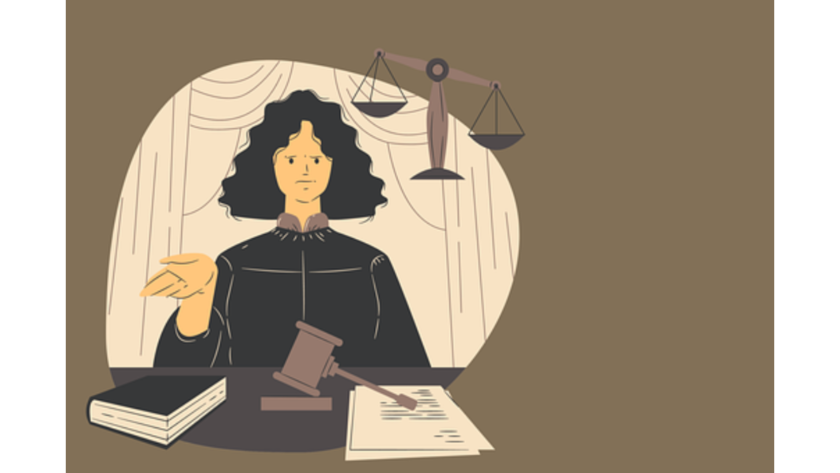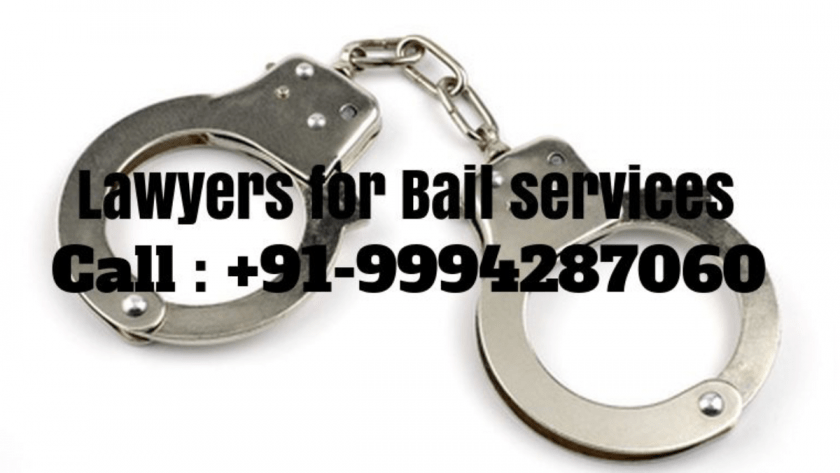Juvenile crime is a serious concern in India, with a growing number of young people engaging in criminal activities. According to the National Crime Records Bureau (NCRB), the number of juveniles in conflict with the law has increased over the years. This article will explore the causes and consequences of juvenile crime in India.
Causes of Juvenile Crime
Family Issues
Broken families, domestic violence, and poor parenting are some of the leading causes of juvenile crime in India. Children who grow up in such an environment often lack emotional support and may turn to criminal activities to feel a sense of belonging.
Social Factors
Peer pressure, drug abuse, and gang culture are also significant factors contributing to juvenile crime in India. Young people often feel the need to prove themselves to their peers, and engaging in criminal activities is one way to gain acceptance.
Poverty and Education
Children who come from impoverished backgrounds may not have access to education or job opportunities, leaving them vulnerable to criminal activities. Poverty often leads to desperation, and some children may turn to crime as a means of survival.
Consequences of Juvenile Crime in India
Legal Consequences
When a juvenile is found guilty of a crime, they may face legal consequences such as fines, probation, or even imprisonment. The punishment depends on the severity of the offense and the age of the offender.
Psychological Consequences
Being involved in criminal activities can have a profound impact on a young person’s mental health. They may experience guilt, shame, and low self-esteem, which can affect their ability to lead a productive life.
Social Consequences
Juvenile crime can also have social consequences, such as damaging the reputation of the family or community. Young people who engage in criminal activities may also be stigmatized and find it difficult to integrate into society.
Prevention and Intervention of Juvenile Crime in India
Preventing juvenile crime requires a multi-faceted approach that involves the family, community, and government. Some of the ways to prevent Juvenile Crime in India include:
- Providing education and vocational training to children from impoverished backgrounds
- Encouraging positive peer relationships and discouraging gang culture
- Offering counseling and support services to families and children who have experienced trauma
- Implementing juvenile justice systems that focus on rehabilitation rather than punishment
Intervention strategies for young people who have already engaged in criminal activities include:
- Counseling and therapy to address underlying emotional or psychological issues
- Job training and employment opportunities to provide a sense of purpose and stability
- Supportive community programs that offer mentorship and positive role models
- Restorative justice practices that emphasize making amends and repairing harm caused by the offense
Conclusion
It is essential to understand the causes and consequences of Juvenile Crime in India to develop effective prevention and intervention strategies. While poverty, family issues, and social factors may contribute to juvenile crime, it is important to remember that young people who engage in criminal activities are not necessarily “bad” kids. Rather, they may be struggling with emotional, psychological, or social challenges that require support and intervention.
Preventing Juvenile Crime in India requires a collaborative effort from families, communities, and government agencies to address the root causes of criminal behavior and provide young people with the support they need to thrive. By investing in prevention and intervention strategies, we can help young people avoid the devastating consequences of juvenile crime and build brighter futures for themselves and their communities.
Important Topics:
- Best Criminal Advocates in Chennai
- Home – Rajendra Criminal Law Firm
- Best Lawyers for JUVENILE LAW in Chennai
- Same-sex marriage will cause Havoc: Central Govt
- Unlocking the Power of Quashing: A Comprehensive Guide to Cases You Can Quash in Madras High Court





